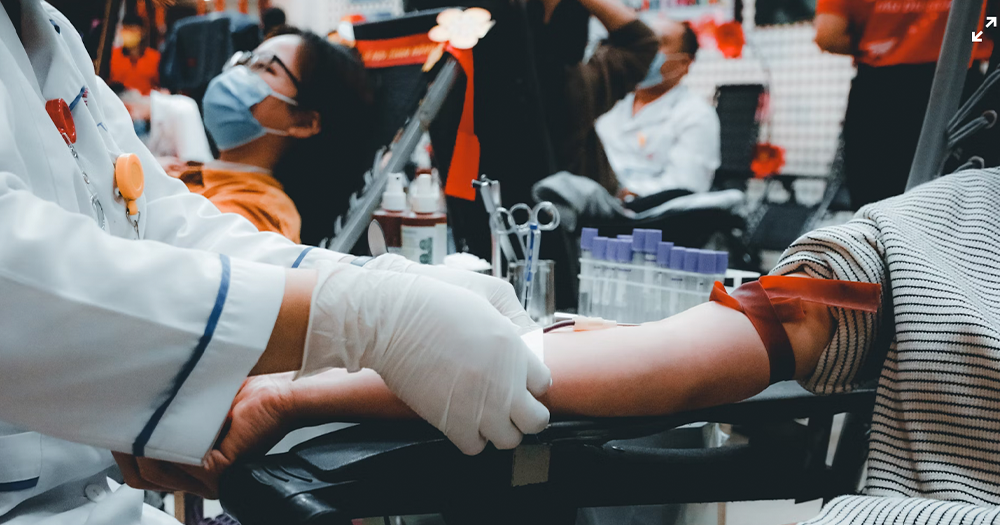Greece has reinstated a long-standing ban preventing gay, bisexual and other men who have sex with men (gbMSM) from donating blood, reversing a 2022 Health Ministry decision that had lifted the restriction.
The Council of State, the country’s highest administrative court, ruled that the policy change had bypassed expert medical recommendations and was not supported by sufficient scientific evidence. It went on to explain that the ban will remain in place until further scientific evaluation is provided.
The original restriction was introduced in 1977, mirroring similar policies across many countries during the early years of the HIV/AIDS epidemic.
In 2022, the Greek government lifted the ban in response to a global surge in demand for blood donations, particularly during the Covid-19 pandemic, which placed extraordinary pressure on healthcare systems and blood supplies.
The reinstatement of the blood donation ban in Greece has raised concerns among LGBTQ+ rights advocates, particularly as it comes despite recent legal progress in the country.
In 2024, Greece made headlines by becoming the first Orthodox Christian-majority nation to legalise same-sex marriage, despite strong opposition from the church.
Two years earlier, in 2022, the country had also taken significant steps by banning conversion therapy and outlawing “sex-normalising” surgeries on intersex infants without informed consent.
However, recent policy moves have cast doubt on the consistency of Greece’s commitment to the LGBTQ+ community and equality as a whole. Alongside the blood donation reversal, the Greek Justice Minister recently announced proposed amendments to the civil code that would restrict access to surrogacy.
Under the new provisions, only women would be legally permitted to pursue surrogacy, effectively excluding single men and male same-sex couples from starting families through the route of surrogacy. These developments have sparked criticism from human rights organisations and LGBTQ+ advocates, who warn that such policies could reinforce outdated stereotypes and discriminatory practices.
While Greece has taken notable steps forward in recent years, the reintroduction of exclusionary measures signals that the fight for full equality remains ongoing.
© 2025 GCN (Gay Community News). All rights reserved.
Support GCN
GCN is a free, vital resource for Ireland’s LGBTQ+ community since 1988.
GCN is a trading name of National LGBT Federation CLG, a registered charity - Charity Number: 20034580.
GCN relies on the generous support of the community and allies to sustain the crucial work that we do. Producing GCN is costly, and, in an industry which has been hugely impacted by rising costs, we need your support to help sustain and grow this vital resource.
Supporting GCN for as little as €1.99 per month will help us continue our work as Ireland’s free, independent LGBTQ+ media.
